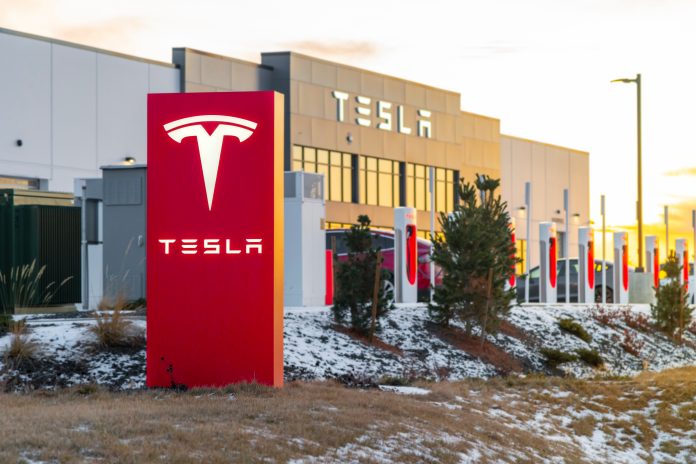On the evening of November 17, U.S. District Judge Trina Thompson of San Francisco dismissed an antitrust lawsuit accusing Tesla of monopolizing the markets for vehicle repair and replacement components, which caused customers to pay excessive prices and experience long wait times.
The initial complaint mentioned that Teslas owners could not choose to use OEM or third-party parts to repair their electric vehicles, nor could they have their cars serviced at independent auto shops or dealerships.
Judge Thompson said consumers could not demonstrate that Tesla forced them to utilize its products or services just because they had purchased their cars in the first place.
“To be sure, plaintiffs allege that defendant misled them about…how much maintenance its EVs are designed to need and how long that maintenance ought to take,” wrote Thompson. “But nowhere do plaintiffs allege that consumers are, in fact, unaware of the supposedly supracompetitive prices and exorbitant wait times.”
Additionally, the judge rejected claims made in accordance with California’s consumer protection statutes.
Customers may update their complaints, which merge five lawsuits and encompass drivers who have paid for Tesla services and parts since March 2019. The complaint states that drivers with traditional engine vehicles can use the original manufacturer or other firms’ parts for repairs at dealerships or independent shops.
Data that surfaced last month suggested that, while maybe not to the extent that some have alleged, Tesla collision repairs are typically more expensive than those of gasoline-powered cars and other EVs. Furthermore, as non-Tesla EVs become more widespread, their repair costs are approaching those of gas-powered vehicles.




